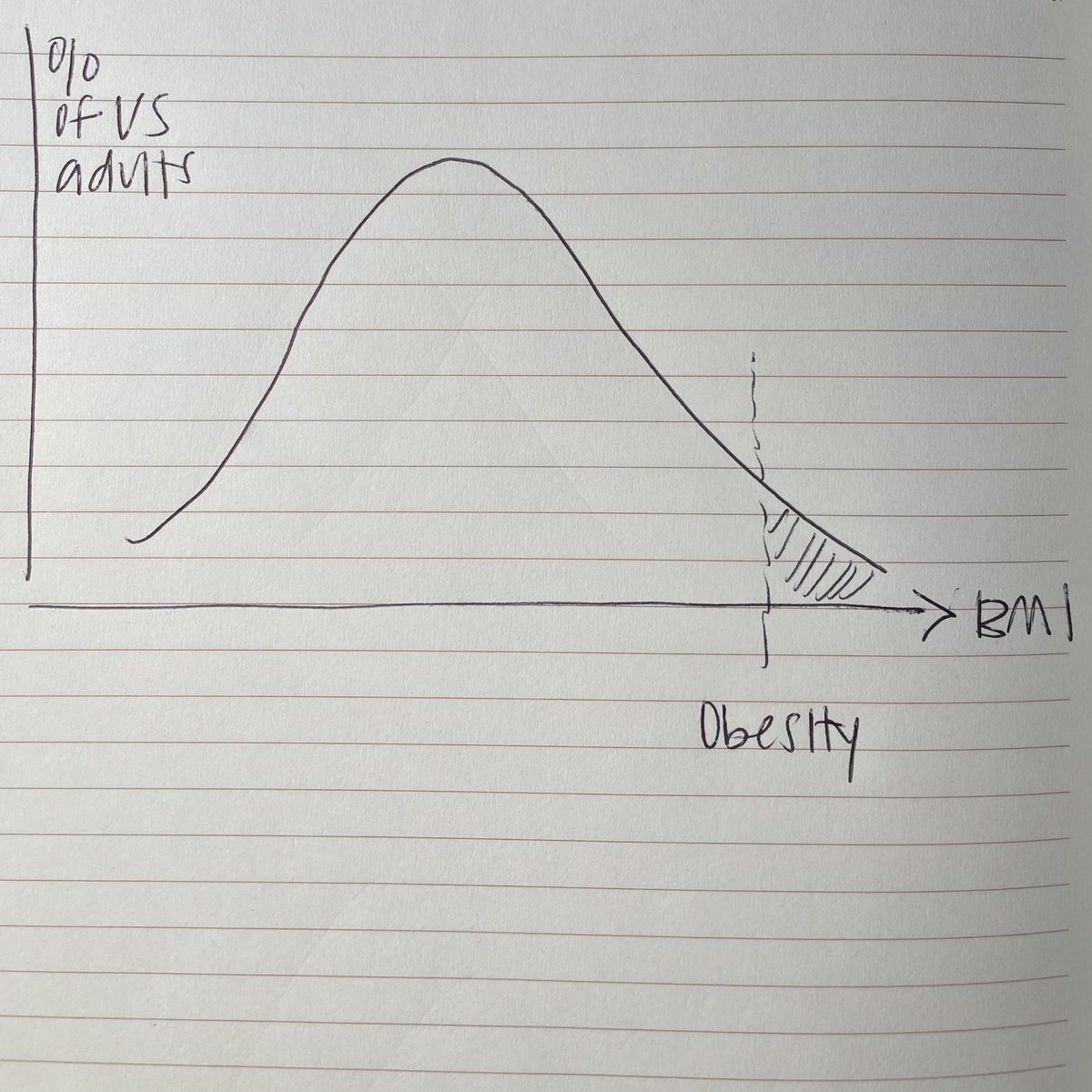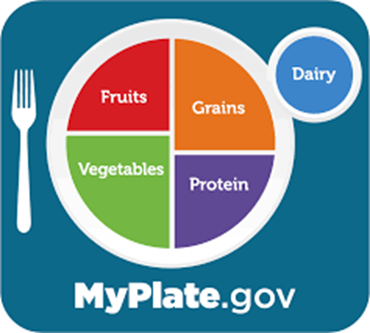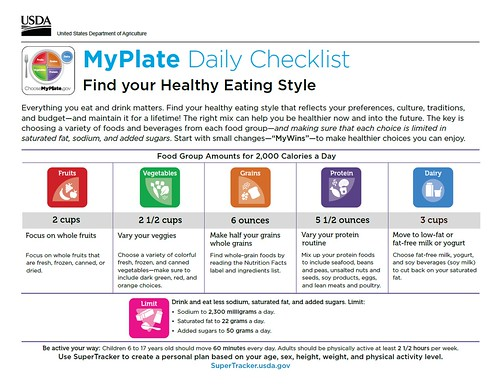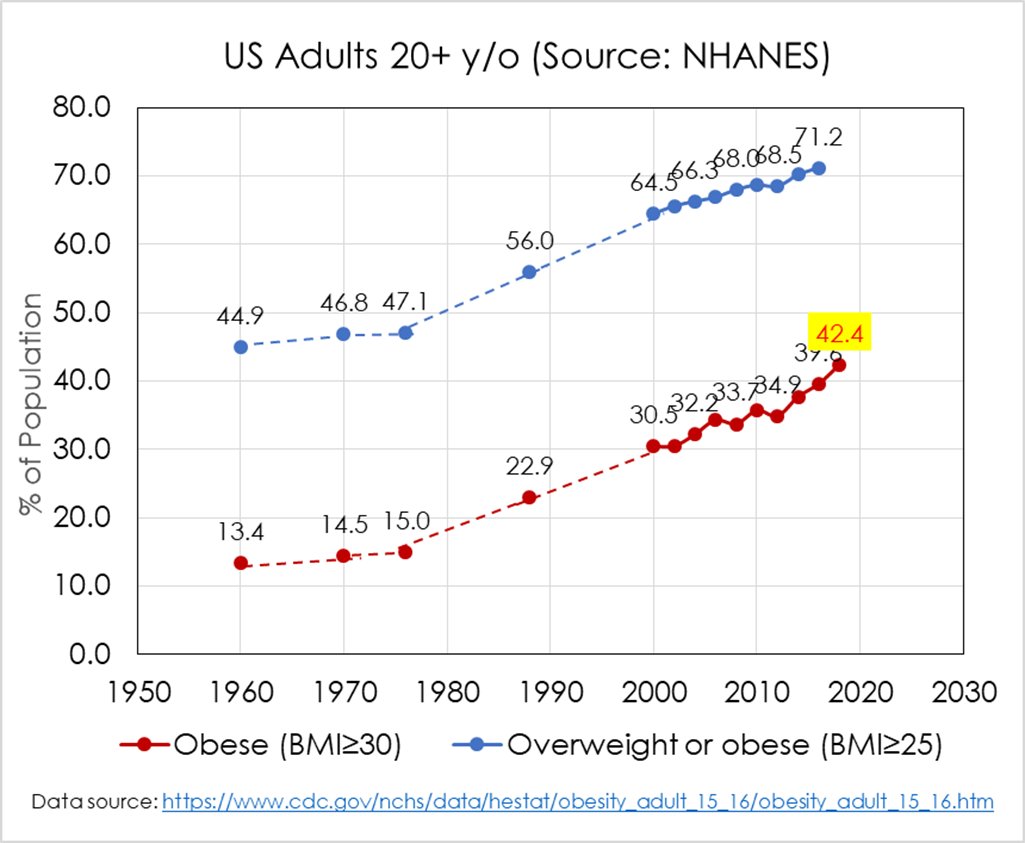
(DEER-druh) Obesity & Nutrition Epidemiologist, Methods Thereof | Assistant Professor @BrighamWomens @HarvardChanSPH @HarvardMed | Editor @AJCNutrition
3 subscribers
How to get URL link on X (Twitter) App





 The USDA MyPlate infographic was unveiled in *2011* replacing its predecessors (pyramid, pyramid with steps) that intend to convey to Americans what defines a healthy diet. They accompany the Dietary Guidelines for Americans updated every 5 yrs.
The USDA MyPlate infographic was unveiled in *2011* replacing its predecessors (pyramid, pyramid with steps) that intend to convey to Americans what defines a healthy diet. They accompany the Dietary Guidelines for Americans updated every 5 yrs.


https://twitter.com/KevinH_PhD/status/1489622951712354308Firstly, we're talking about common obesity.



 If we have a 2 days (green dots) of accurate measurements for nutrient X we can calculate a mean and standard deviation to estimate the blue line.
If we have a 2 days (green dots) of accurate measurements for nutrient X we can calculate a mean and standard deviation to estimate the blue line.
https://twitter.com/deirdre_tobias/status/14664853896575262772/ Visit the above linked thread for some set-up. And this thread here by @kevinnbass gives further background into the motivation behind the hypothesis explored in this analysis:
https://twitter.com/kevinnbass/status/1466855371960553472?s=20




